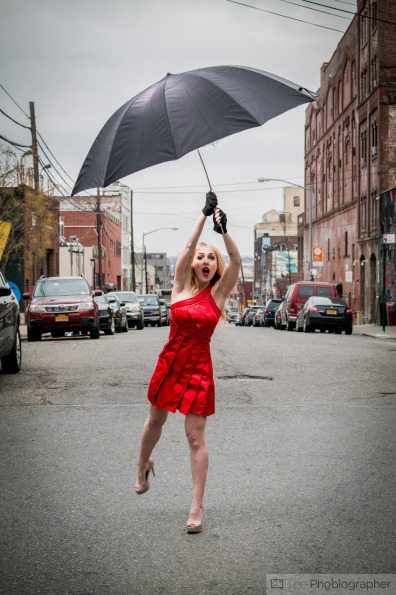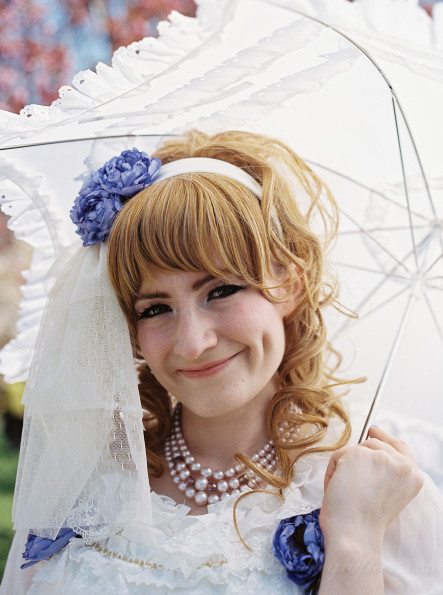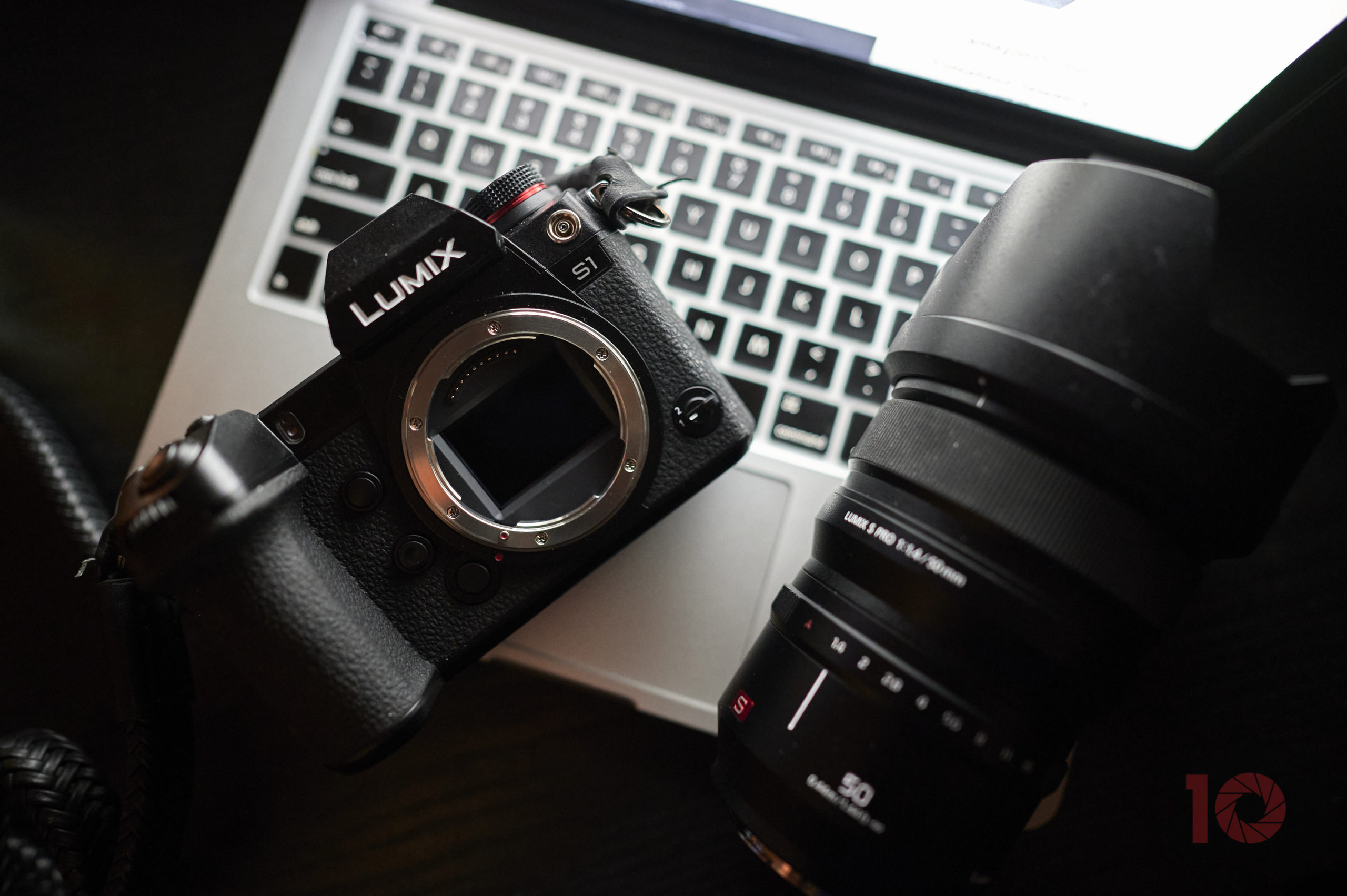Last Updated on 01/31/2020 by Mark Beckenbach
“Good photography is subjective.” It’s not, and we’re going to take a look at why.
People spend years perfecting their craft. They invest thousands of dollars in education and equipment, sacrifice social events and family time so they can focus on improving their skill set. They do all this because they hope that all the hard work will make them highly-skilled photographers one day. Only to be told that, once they enter the pool of creatives, good photography is subjective. Yeah, right.
“So many elements go into a good, technically strong photograph. Lighting, composition, storytelling, post-production, color balance; the list goes on.”
Photography Frustrations

I’ve long been frustrated with the idea of subjectivity in the creative world. It’s rife in the art scene, and it filters through to photography. The idea that a photograph being popular means it’s a quality photo is wrong. It does a disservice to extremely talented photographers.
So many elements go into a good, technically strong photograph. Lighting, composition, storytelling, post-production, color balance; the list goes on. Unless you’re ridiculously lucky, you can’t bring all the techniques together without years of trial and error. So, while little Jimmy’s grandmother and all her friends may love his under-exposed photo of an egg and spoon, even more than they do the world-renowned travel photography of Stephen McCurry, it doesn’t mean Jimmy’s photo is better.
Of course, that example is on the extreme end of the spectrum. And, honestly, I wish little Jimmy all the best in developing his photography career in the egg and spoon niche. But we see real-life examples all the time of how easily our judgment and understanding of what’s quality and what’s not is altered.
If a dog takes a huge crap on the sidewalk, and someone “connects to the deeper message” and tells the whole world they’re looking at diamonds, guess what? It’s still a huge piece of dog crap.
It Starts At the Top
I believe this opinion of subjectivity filters down from the top. The artistic world, for multiple reasons (one I believe is how much they can troll us), pushes out content and convinces the world it’s high value.
Burberry gave us Brooklyn Beckham, and the Art Basel festival gave us a banana stuck to a wall with duct tape. “It’s all subjective man,” says the creative elite as they sip on pear juice through a metal straw and walk the earth barefoot. No, no, no, no, no! If a dog takes a huge crap on the sidewalk, and someone “connects to the deeper message” and tells the whole world they’re looking at diamonds, guess what? It’s still a huge piece of dog crap.

We see it with once-quality photographers too: photographers who, granted, built a career on the back of being incredibly talented, suddenly start to see a drop in their high standards. This could be from a lack of passion, getting lost in their own hype, or just not having “it” anymore. Whatever the reason, it happens. But still, their work is put in front of other photographers who are producing better work. And their loyal fans refuse to accept their idol can do any wrong, and push the idea that what they are getting is quality, hiding behind subjectivity the whole time.
Photography Jargon
More so, a lot of bad photography is hidden behind intellectual copy and artist statements. “My series looks to explore the deep and fragile relationship between garbage and the ground.” No, it doesn’t. It’s a set of poorly composed photographs of garbage on the ground, which you then wrap up and feed to us as some “woke” necessity we need to see. I guarantee you, nine times out of ten, when any photographer uses the term “exploring the relationship,” none of their images or copy offers any form of findings. It’s artistic jargon, and the community just eats it up!
“… a lot of bad photography is hidden behind intellectual copy and artist statements. “
And as the debates begin and things are analyzed on a deeper level, we end up back at the same old argument, “Good photography is subjective.” Just like a lot of the work out there at the forefront of our industry: what a load of rubbish.
In Closing
I’m not suggesting tastes cannot differ, or that you can’t enjoy low-skilled photography. But let’s give our industry some credit. It’s not all about luck and opinions. A lot of time and effort goes into keeping a high standard. Good football isn’t subjective, nor is good brain surgery. They’re highly skilled fields, and we respect them as such. Not everyone can do them to such a high standard, no matter a person’s opinion. I think we should hold photography in the same regard, that’s all.


